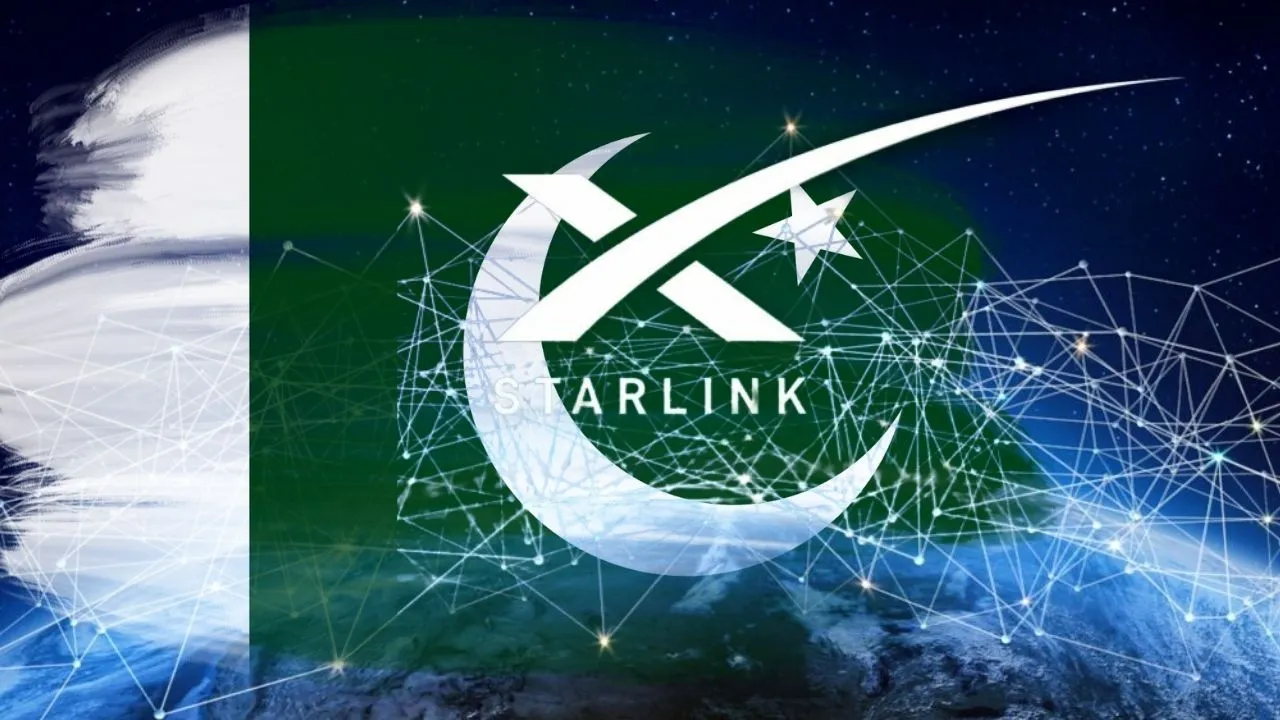Islamabad: Federal Minister for IT, Shaza Fatima, assured the public on Friday that there has been no delay in the licensing process for Starlink in Pakistan, addressing rumors surrounding the matter.
Speaking informally with reporters, she clarified that a consultant had been appointed by the Pakistan Space Activities Regulatory Board (PSARB) to develop rules for Low Earth Orbit (LEO) satellites, with a completion deadline set for June.
The minister confirmed that Starlink is expected to begin infrastructure development in Pakistan, with the service slated for launch by December 2025.
She emphasized that the company has been working cooperatively with Pakistani institutions in preparation for its entry into the market.
In addition, Fatima revealed that Chinese satellite internet firms, including Galaxy Space and Shanghai Space, have shown interest in the Pakistani market.
While these companies are eager to invest in satellite internet services and broader space technologies, they have yet to submit formal applications to the government.
The minister also pointed out that Pakistan’s space policy is open and non-exclusive, ensuring that the government will facilitate any company willing to engage in the sector.
Touching upon Pakistan’s telecom challenges, Fatima acknowledged the sector’s struggles, with the average revenue per user (ARPU) standing at just Rs. 270 per month—one of the lowest in the region.
The rising costs due to currency fluctuations and electricity prices have exacerbated the situation.
However, she expressed optimism about the upcoming spectrum auction, which is expected to improve services, noting that telecom companies have submitted their budget proposals for the next fiscal year, which will soon be reviewed by the Ministry of Finance.
Addressing the shutdown of the social media platform X (formerly Twitter), the minister rejected the argument that the move was an issue of freedom of expression.
She stated that X had not contacted the IT Ministry following the ban and suggested that the platform had only engaged with the Pakistan Telecommunication Authority.
Also Read: Starlink in Pakistan: Revolutionizing Internet Connectivity
According to Fatima, X’s failure to comply with Pakistani laws was the primary reason for the ban, while other social media platforms continue to interact with the government and comply with official requests.









